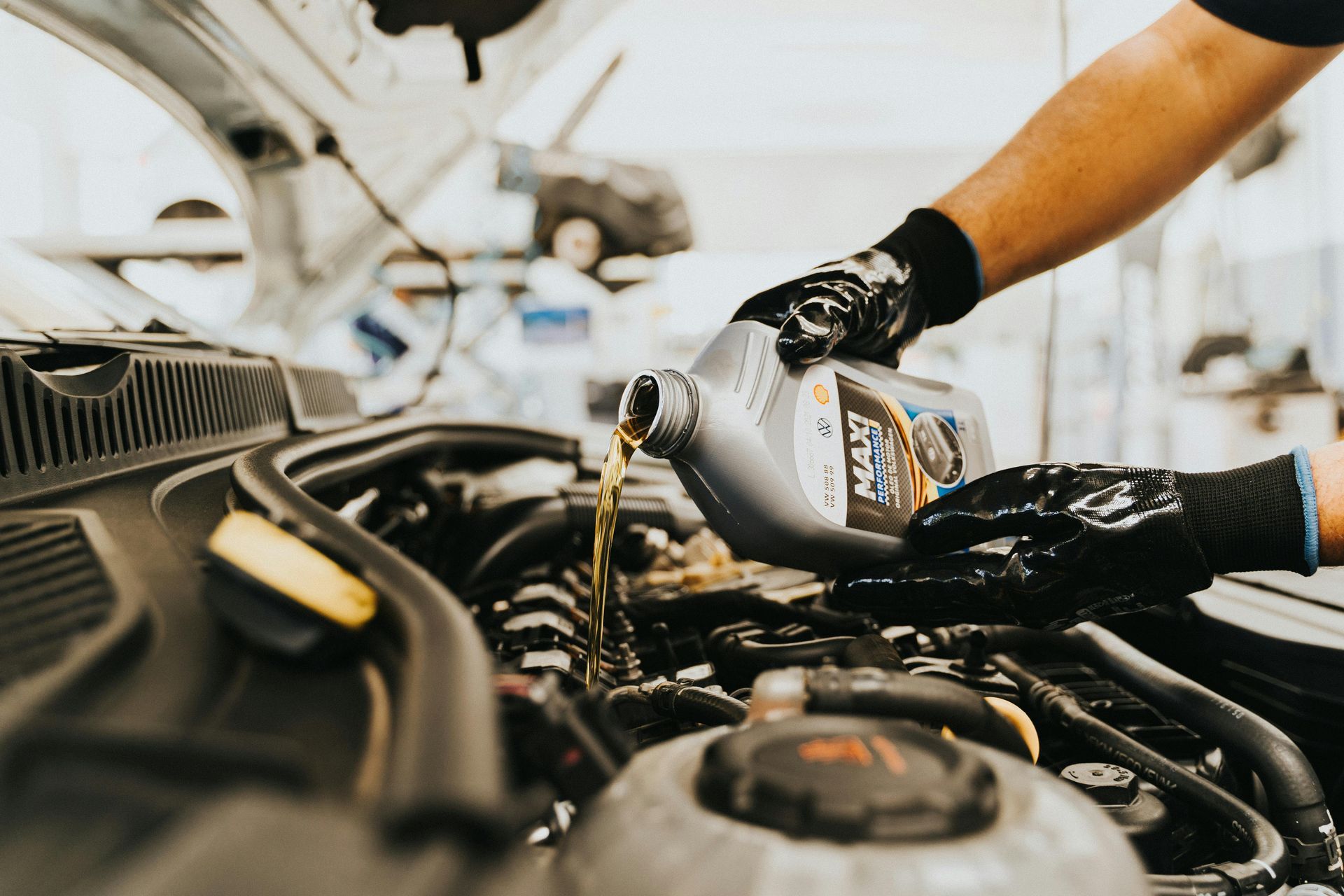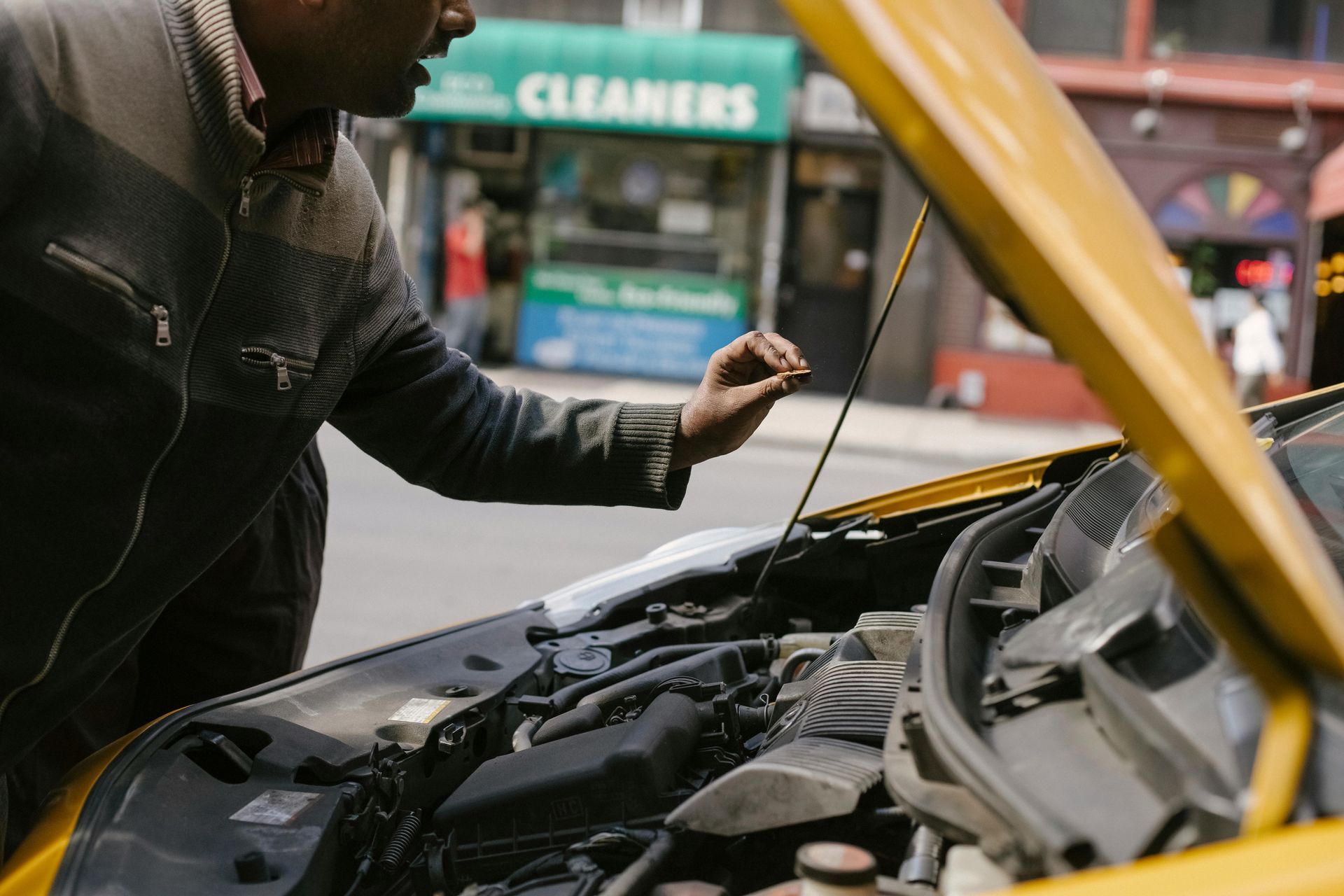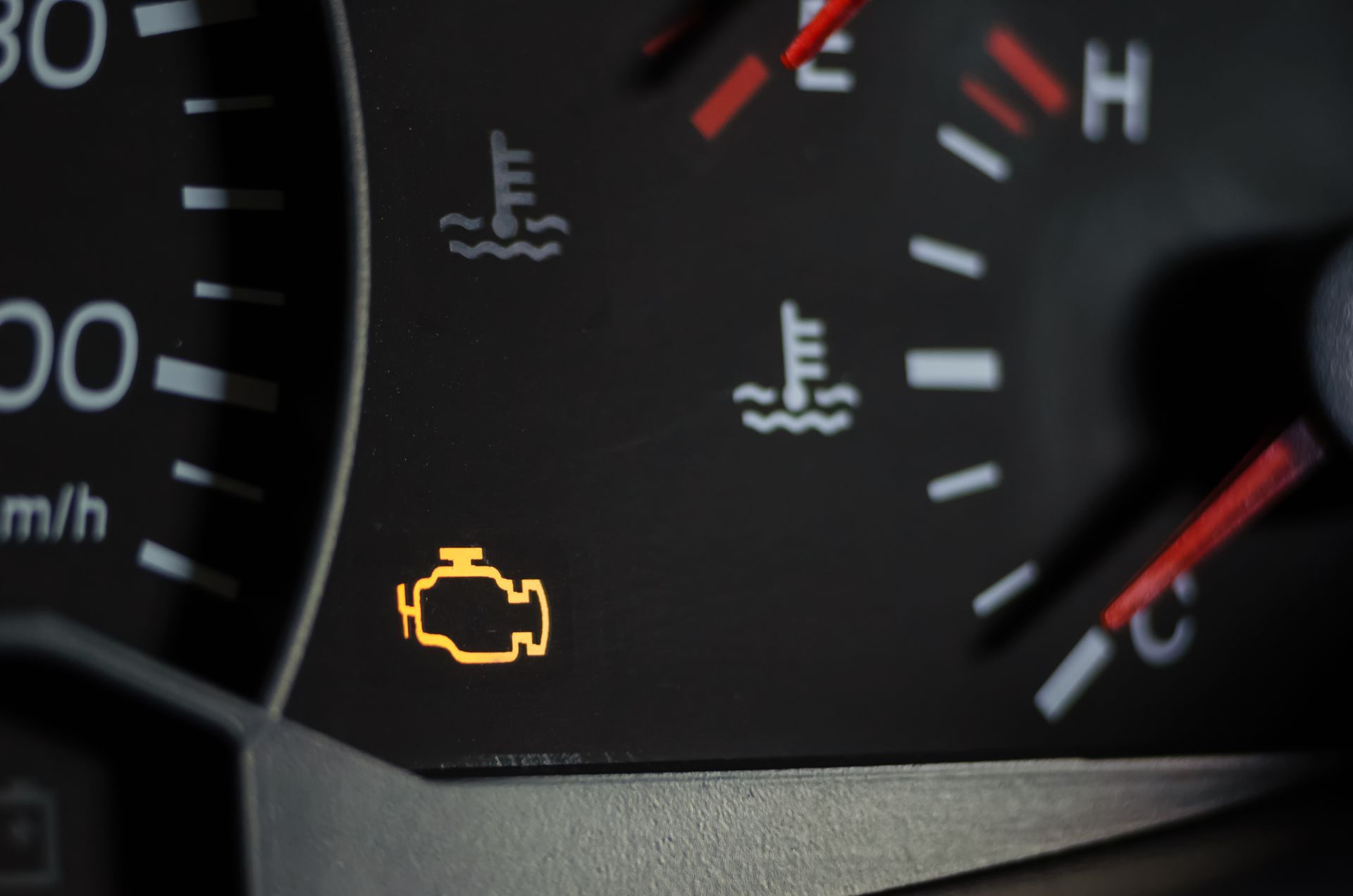Premier Guide to Car Alternator Repair in Kent, WA | Premier Automotive Services
At Premier Automotive Services in Kent, WA, we understand the importance of maintaining your vehicle's alternator to ensure its longevity and optimal performance. As your local automotive experts, we're committed to providing you with a comprehensive guide to understanding, diagnosing, and addressing common alternator problems. Here’s everything you need to know about keeping your car’s power source in top condition.
What is an Alternator?
The alternator is a pivotal component of your vehicle's electrical system. It works by converting mechanical energy from the engine into electrical energy, charging the battery and powering your vehicle's electrical systems while it's running. A well-functioning alternator ensures that your car starts smoothly and sustains all its electronic features, from headlights to dashboard indicators.
Signs of a Failing Alternator
Recognizing the signs of a failing alternator is key to avoiding a breakdown. Here are the most common symptoms that Kent drivers should be aware of:
- Dimming or Flickering Lights: This is often the first sign that your alternator may be losing its efficiency.
- Warning Light on Dashboard: Most cars have an alternator or battery warning light, which might be shaped like a battery or labeled “ALT” or “GEN.”
- Weak or Dead Battery: While batteries can fail on their own, a faulty alternator can prevent the battery from charging correctly.
- Strange Noises: Squealing or grinding noises can indicate a belt or pulley connected to the alternator isn’t working correctly.
- Electrical Issues: Experiencing issues with your radio, dashboard lights, or other electronic components can be linked to alternator problems.
How to Check Your Alternator
At Premier Automotive Services, we recommend conducting regular checks on your alternator to ensure it’s functioning correctly. Here’s a simple way you can assess its health:
- Start the Engine: With your car running, open the hood and locate the alternator.
- Check the Serpentine Belt: Ensure the belt is not too loose or showing signs of wear.
- Use a Multimeter: Set the multimeter to measure voltage and touch the device's probes to your battery terminals. A healthy alternator should typically produce around 13.8 to 14.2 volts.
DIY Tips for Basic Alternator Maintenance
For those in Kent who prefer a hands-on approach, here are some maintenance tips to keep your alternator in good shape:
- Keep it Clean: Ensure that the alternator is free from dirt and grime, which can impact its performance.
- Inspect the Belts: Regularly check the belts for any signs of wear or damage.
- Test Your Battery: Keep your battery health in check, as a failing battery can put additional strain on the alternator.
When to Visit Premier Automotive Services
While regular inspections and maintenance can be performed at home, alternator repairs or replacements require professional attention. Here’s when you should visit us at Premier Automotive Services:
- If you experience any of the signs of a failing alternator.
- For regular maintenance checks as part of your vehicle's service schedule.
- When you need professional advice on vehicle maintenance and care.
Understanding the role of your alternator and recognizing signs of potential issues can save you time and money. At Premier Automotive Services in Kent, WA, we are dedicated to providing our community with reliable, top-quality automotive care. Whether it's routine maintenance or more complex repairs, our team is here to ensure your vehicle performs safely and efficiently.
For all your automotive needs, remember to trust the experts at Premier Automotive Services. Visit us or schedule an online appointment today to ensure your alternator and other vital components are in perfect working condition. Empower your automotive decisions with professional insights and quality service right here in Kent, WA.












